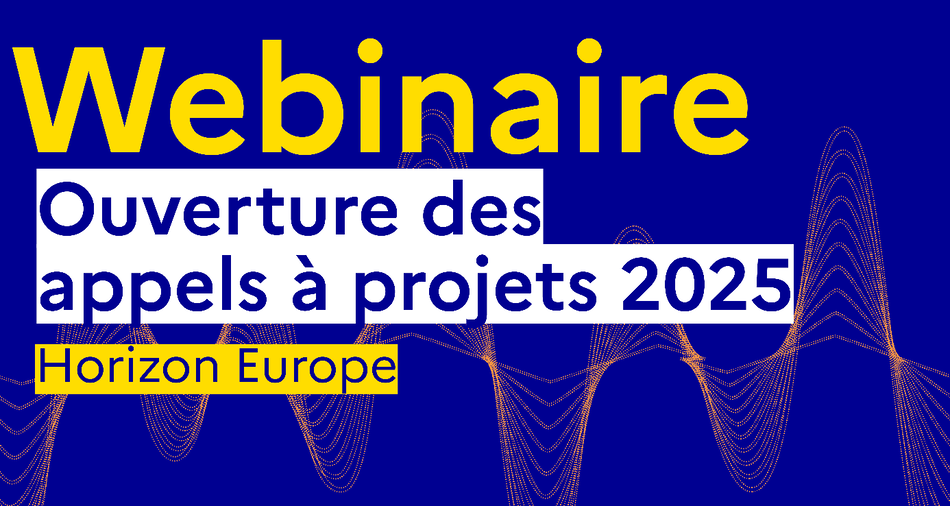ExpectedOutcome:
Projects should contribute to the following expected outcomes:
- Recommendations on how to foster civic participation through a deep analysis of the use of spaces beyond classic democratic institutions, especially cultural and artistic spaces, as well as cyberspace and metaverses, for political expression.
- Forward-looking policy recommendations to ensure that digital spaces (including metaverses and social networks) can, by design, have a positive impact on democratic life and limit potential threats to democracy.
- Experimentation of solutions, methods and tools to support democratic behaviour and social well-being for the next generation of social media.
Scope:
Participation in political life through conventional means, such as elections, has become a challenge. Participation rates decrease while parts of society feel unheard by political elites and see electoral processes as inefficient.
On the other hand, some citizens find alternative outlets to express political opinions, such as protests[1], expression on social media and in virtual spaces, art creation, music and vocal forms of expressive culture, etc. Cultural, artistic and online spaces (such as public libraries, art exhibition spaces, heritage sites, cultural centres, parks and other public places used temporarily to convey a message, social media platforms, metaverses, etc.) are increasingly positioning themselves as catalysers for social and economic changes. They become privileged places for deliberation and alternative engagement with politics through debate, education and free expression, for instance. Proposals should evaluate how effective they are at channelling bottom-up political energy. They should also propose options as to how those alternative initiatives could feed into the wider political debate (for instance through social innovation). In addition, proposals could look at art and cultural productions (in the broader sense, online and offline) as vectors of political expression, be it in democratic or non-democratic contexts. How efficient are they in mediating political messages? What kind of attacks and counterattacks are targeted at them, with what effects, from the side of the professional politicians and organisations? How are questions regarding the legitimacy of artistic activities answered?
Aside from physical spaces, virtual spaces for exchange and communication have been very active in the dissemination of political views and have influenced the political debate, notably through the use of popular culture references (memes, etc.) and through cyber-culture. While the link between social media and disinformation as well as political engagement has already been investigated, the revival of virtual alternative universes, such as metaverses, begs for more scientific evidence regarding what impact this will have on democracy. Digital universes have a strong potential to both threaten and nurture democracies. Proposals should propose forward-looking policy recommendations to ensure that such digital spaces can, by design, have a positive impact on democratic life, and to limit the potential threats to democracy. How can these new spaces be exploited as positive tools for citizen engagement? Proposals should also experiment solutions, methods and tools to support democratic behaviour and well-being for the next generation of social media.
Proposals are expected to investigate cultural activity and engagement, online and offline, as political expression, civic participation and political engagement, historically, in contemporary society, and to provide forecasts for the future. Gender, decoloniality and intersectionality should be taken into account. Investigation of examples and initiatives from outside Europe will be instrumental, given the many interesting experiences of art and activism around the world. Therefore, international cooperation is encouraged. Proposals should produce concrete policy recommendations and design proposals to allow the potential for political engagement through physical and virtual non-traditional spaces to be fully expressed, in an inclusive manner.
Research methodologies should include field research and participative methods. They may also involve culture and art practitioners and art-based research.
Clustering and cooperation with other selected projects under this topic and other relevant projects are strongly encouraged.
Proposals are encouraged to collaborate with the JRC Competence Centre on Participatory and Deliberative Democracy,[2] particularly in respect to the development of evidence-informed policy recommendations on how digital universes, such as metaverses, can have positive impacts on democratic systems and democratic life in general.
[1]See, under the same call, HORIZON-CL2-2024-DEMOCRACY-01-01: Protest politics and cultures of opposition in democracy.
[2]https://knowledge4policy.ec.europa.eu/participatory-democracy_en





